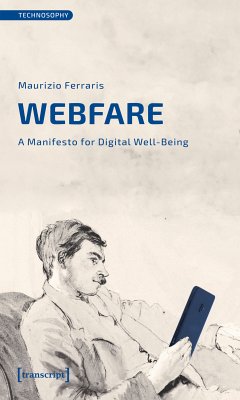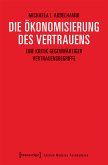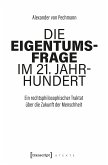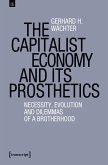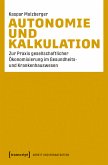From time immemorial, humans have been making deals, consuming goods, cultivating interests, thereby manifesting specific forms of life. Now, these forms of life solidify automatically by transforming into data. Webfare, a form of digital welfare, seeks to initiate a Copernican revolution that places need instead of merit at the center of society. In 21st-century welfare, consumption and production will be considered as the two faces of the same reality. The possibility to create new value is precisely what sets Webfare apart from traditional welfare: it recognizes the new value created by the Web, and aims to use it for everyone's well-being.
Dieser Download kann aus rechtlichen Gründen nur mit Rechnungsadresse in A, D ausgeliefert werden.

